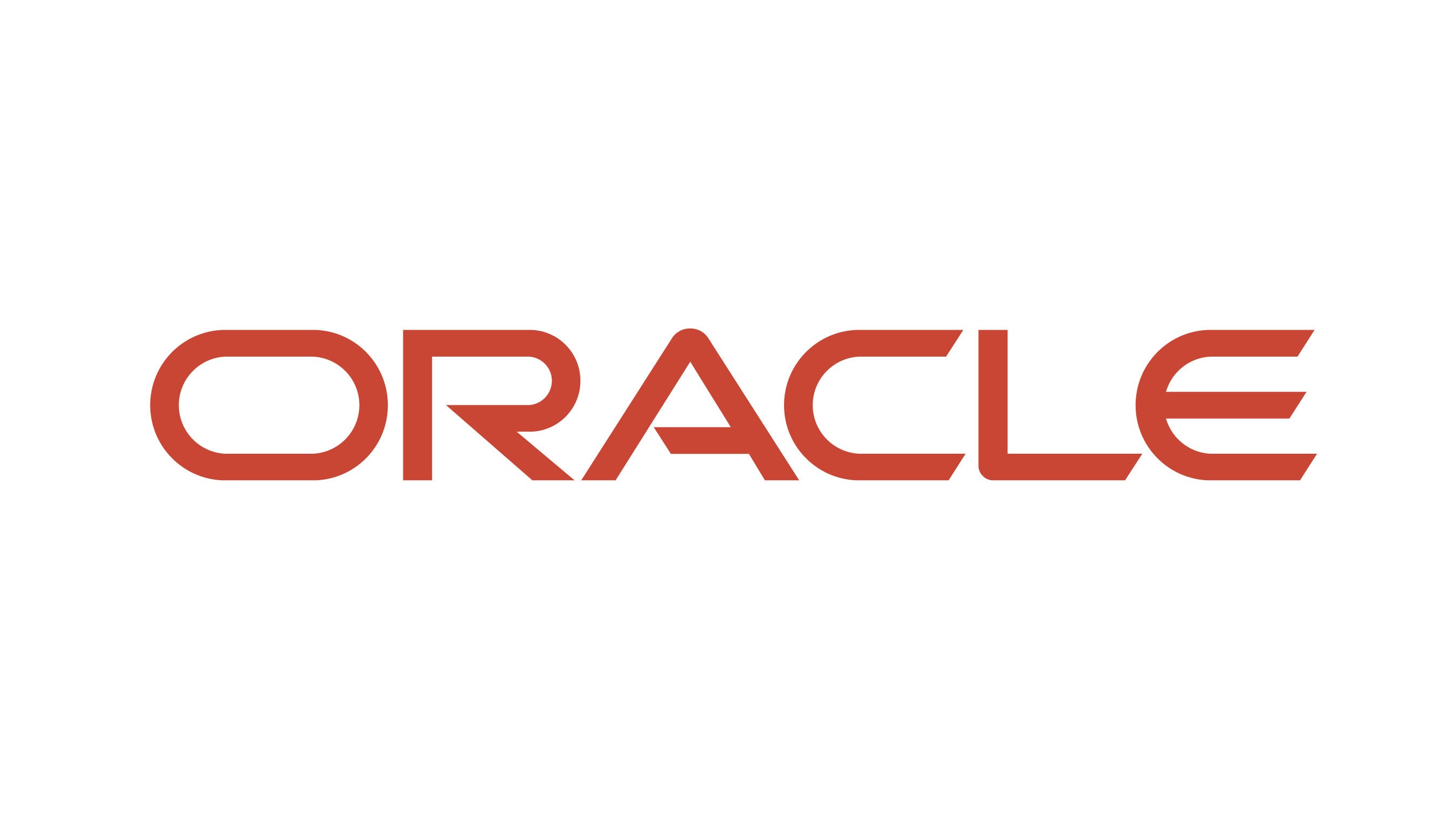Oracle, the database software and cloud computing giant, has reached a $115 million settlement in a class-action lawsuit alleging invasion of privacy through unauthorised data collection and sale.
The preliminary settlement, filed in a San Francisco federal court, awaits judicial approval.
The plaintiffs accused Oracle of violating federal and state privacy laws, as well as California's constitution, by creating "digital dossiers" on hundreds of millions of individuals without their consent. These dossiers allegedly contained extensive personal information, including online browsing history, banking activities, shopping habits, and credit card usage.
According to the lawsuit, Oracle then sold this information directly to marketers or through products like ID Graph, which Oracle claimed helps marketers "orchestrate a relevant, personalised experience for each individual."
As part of the settlement, Oracle has agreed to cease collecting user-generated information from previously visited website URLs and text entered into online forms outside of Oracle's own websites. The company, however, denies any wrongdoing.
The settlement covers individuals whose personal information Oracle collected or sold since 19 August 2018. Named plaintiffs include privacy rights activist Michael Katz-Lacabe and Dr Jennifer Golbeck, a University of Maryland professor specialising in social media and privacy.
Lieff Cabraser Heimann & Bernstein, the law firm representing the plaintiffs, may seek up to $28.75 million from the settlement for legal fees.
This case highlights the ongoing tension between data-driven business models and individual privacy rights in the digital age. It also comes in the wake of Oracle's decision to exit the ad tech business by 30 September 2024, a move reportedly influenced by falling revenues and increasingly stringent global privacy regulations.
Latest News
-
Amazon considers largest contribution to OpenAI's $100bn fundraising round
-
Google agrees to pay $135m over Android data collection claims
-
UK government to launch centre for AI measurement
-
HSBC rolls out new tax tool for sole traders as digital rules approach
-
Lloyds Banking Group doubles AI value target to £100m in 2026
-
Tesla to end Model S and Model X production as Musk shifts focus to robotics
The future-ready CFO: Driving strategic growth and innovation
This National Technology News webinar sponsored by Sage will explore how CFOs can leverage their unique blend of financial acumen, technological savvy, and strategic mindset to foster cross-functional collaboration and shape overall company direction. Attendees will gain insights into breaking down operational silos, aligning goals across departments like IT, operations, HR, and marketing, and utilising technology to enable real-time data sharing and visibility.
The corporate roadmap to payment excellence: Keeping pace with emerging trends to maximise growth opportunities
In today's rapidly evolving finance and accounting landscape, one of the biggest challenges organisations face is attracting and retaining top talent. As automation and AI revolutionise the profession, finance teams require new skillsets centred on analysis, collaboration, and strategic thinking to drive sustainable competitive advantage.
© 2019 Perspective Publishing Privacy & Cookies




.jpg)




Recent Stories